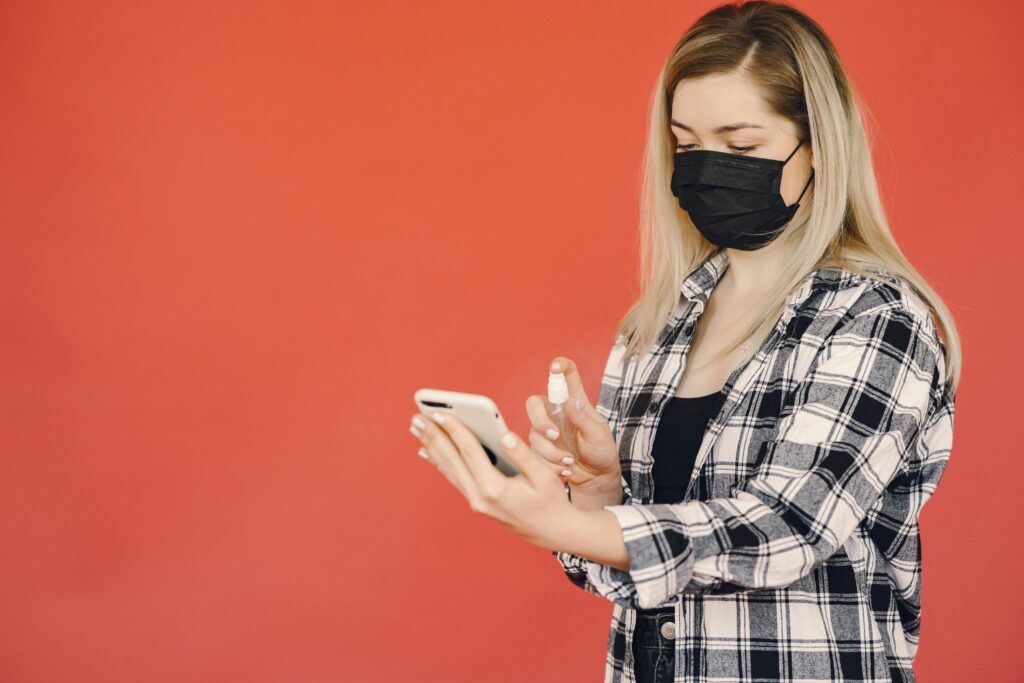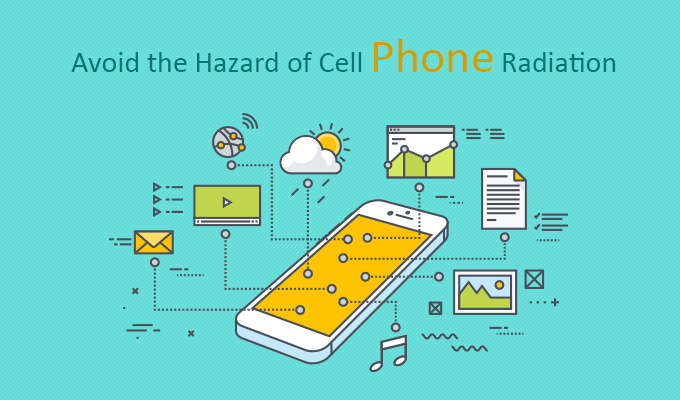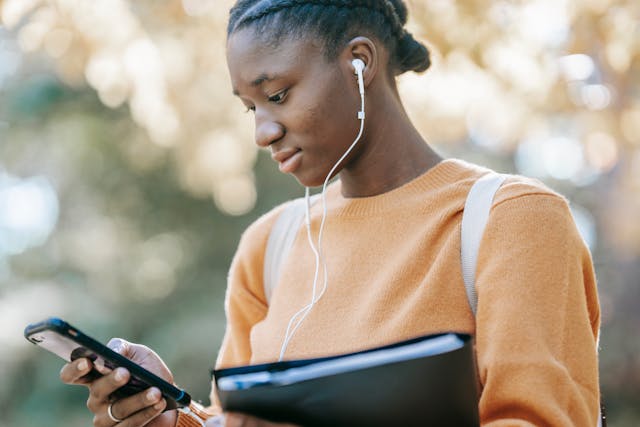Mobile phones have become a necessity all over the world, especially in Ghana. From business transactions in the always-busy Makola Market in Accra, to keeping in touch with loved ones, they are inseparable from daily functions. However, with so much usage comes certain health hazards that users need to be aware, but often aren’t. It’s important to understand these risks. In this article, I’d outline some simple steps Ghanaians can take to protect their health.

Understanding the Hazards
Mobile phones emit radiofrequency (RF) radiation, a less energy-intensive form of radiation. This radiation is far less harmful than X-rays, however, prolonged interaction with it has been linked to possible health hazards. This is why the World Health Organization (WHO), classifies it as “possibly carcinogenic” to humans. This means that the wrong amount (or right amount, so to speak) can lead to cancer.
Urban residents in Ghana understandably spend much longer hours on calls or streaming multimedia materials, which increases their exposure. Radiation, however, is not the only hazard Ghanaians need to worry about with phones. Eye strain, poor posture, mental heath, and even trigger fingers are all hazards people are exposed to with mobile phones.

For more information, see:
- World Health Organization – Radiofrequency Fields
- Ghana Health Service – Health Tips
Practical Ways to Reduce the Risks
- Use Hands-Free Devices
Using wired or Bluetooth headsets reduces direct contact between your phone and your head, lowering RF radiation exposure. - Limit Call Duration
Keep calls short and encourage texting when possible. This saves time but also reduces direct exposure. - Maintain Distance
Avoid keeping your phone close to your head or body, especially when you’re asleep. It’s better to place it on a table instead of under your pillow. - Adopt the 20-20-20 Rule
For every 20 minutes of screen use, look at something 20 feet away for 20 seconds. It would help prevent eye strain. - Monitor Usage for Children
Children’s brains may be more sensitive to radiation, so limit their phone use and encourage other forms of play. - Use Airplane Mode When Possible
If you don’t need a network connection, switch to airplane mode to stop radiation emissions.
For a detailed guide on reducing exposure, refer to:
- International Agency for Research on Cancer (IARC) – RF Radiation Classification
The Role of Public Awareness in Ghana
Education the public is perhaps the most important. People cannot guard against what they’re not aware of. In this, the Ghana Health Service and other telecom companies can team up to share safety tips. This education can be done acrosss various platforms, including social media. Schools should be encouraged to integrate digital safety lessons into health educaton classes. Young people in Ghana will learn the importance of using technology wisely.
Mobile penetration is spreading fast, but it is important to balance much-needed connectivity with health. The above tips will enable Ghanaians to enjoy all the benefits of mobile technology without sacrificing their wellbeing.
Join Inside Success Ghana today as we embark on a mission to provide essential training and education to young people. If you enjoyed this article you can read other articles here. Visit our website and subscribe to get access to educative worshops and webinars.




Leave a Reply